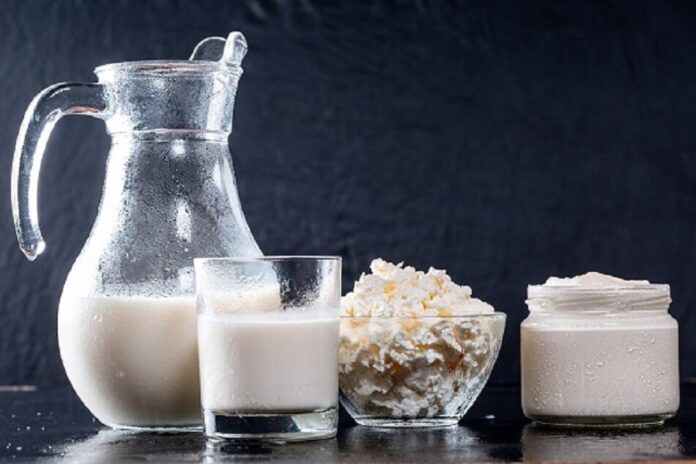During the monsoon season, it is advisable to avoid certain foods to prevent illnesses. The damp and the humid weather create an ideal breeding ground for bacteria, fungi and other pathogens. As a result, it is essential to be mindful of what to eat to not fall ill.
- Street foods: To minimize the risk of food-borne illnesses caused by improper food handling which is often seen for street foods. The food is exposed to dust, flies and contaminated water which can significantly increase the chances of gastrointestinal infections and food poisoning.
- Green leafy vegetables: All our lives we have been told how important it is to consume leafy vegetables as they are the nutritional powerhouse. But during the monsoons they may not be in the best condition to consume. Leafy vegetables are grown in swamps and may not be stored hygienically before they reach the consumer. Insects love to nest on broccoli, cabbage and cauliflower hence it is advisable to restrict these as well. The greens are highly perishable in this season due to excessive moisture on the leaves. In addition to this, because of the weather’s dampness, pathogens thrive in cruciferous plants. In this season, it is best to restrict the consumption spinach, methi, coriander, cabbage, and cauliflower. Instead you can try dark-yellow and orange fruits and vegetables like carrots, squash, and sweet potatoes to obtain vitamin A, C and folic acid to boost your immunity.
- Raw vegetables: Uncooked vegetables carry bacteria which may cause harm to the body. The temperature and humidity of the monsoon season are conducive to bacterial and fungal growth. Rather cooked, boiled, steamed or tossed vegetables are preferred as cooking reduces the chances of infection.
- Pre-cut or peeled fruits: Consuming fruits which are cut and kept in the open can catch bacteria and fungi. Cut and peeled fruits are also more prone to get deteriorated and rot faster making it get contaminated at a greater rate and cause digestive issues when consumed. Hence, buying fruits and vegetables that are pre-cut should not be encouraged. Instead consume fruits that are freshly peeled or cut immediately or opt for stewed fruits like stewed apple or stewed pear.
- Raw or undercooked Sea food and red meat: During the monsoon season, there is a high likelihood of seafood including fish, prawns, and crabs and red meat contamination. Fresh seafood and red meat is hard to come by right now and consuming meat and seafood that is not adequately stored and raw increases your risk of developing foodborne illnesses and food poisoning. So, for the following few months, resist any urges for sushi with all of you might.
- Dairy Products: Humid conditions can lead to excessive microbial growth in milk and milk products like yogurt or cottage cheese which are already highly perishable and spoil quickly. Hence, proper storage and fresh consumption is preferred in the monsoon conditions. It is advisable to opt for pasteurized dairy products from reliable sources.
In addition to avoiding these foods, it is imperative to maintain proper hygienic practices such as washing hands before eating, using clean utensils and cookware, and storing food properly to prevent contamination. Opting for freshly cooked, hot meals prepared with fresh ingredients from hygienic sources is the best way to stay healthy during the monsoon season.


